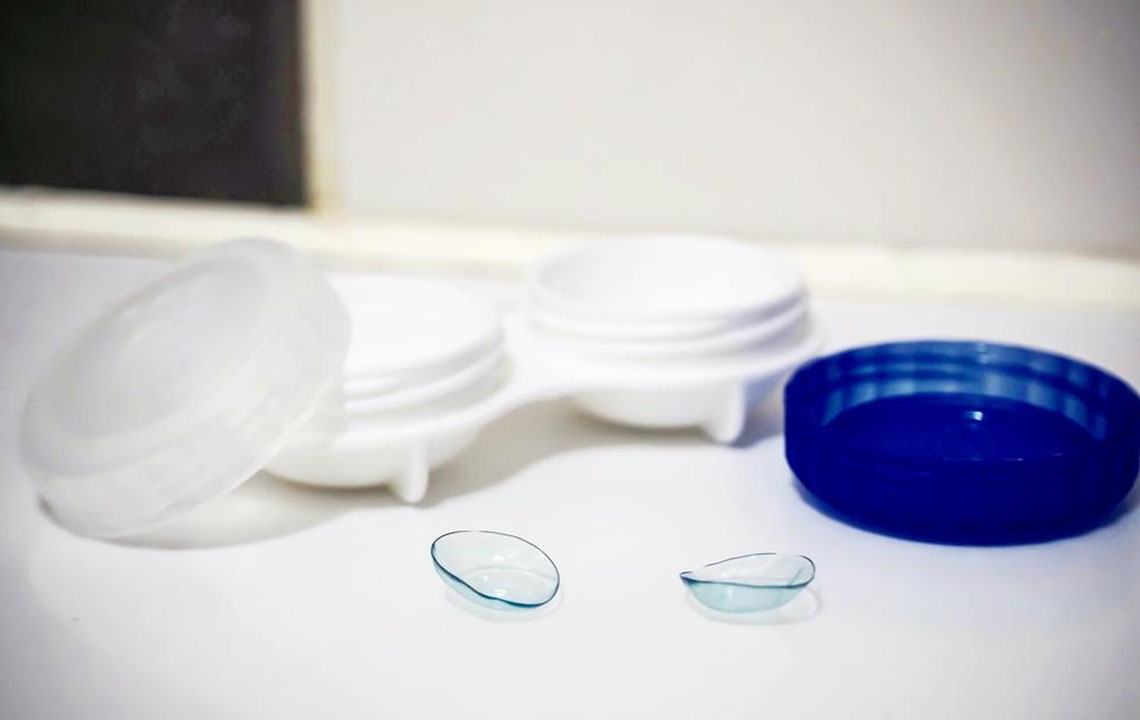How to take care of your contact lenses
Buying the right contact lenses is not the only thing that you need to understand well but also how to care for those lenses to ensure your eye’s health. If you don’t care about the lenses in the right way and don’t clean them on a regular basis, there would be an array of infections and other issues with your eyes in no time which can even lead to complete loss of vision.
Basic steps to care for your contact lenses and eyes
- The first thing you always need to keep in mind is to wash your hands before touching your eyes as well as the lenses.

You cannot afford to transfer any particle of dust or dirt on your lenses as they can infect the lenses and in turn your eyes. You should also avoid any contact with places or object where germs can accumulate. Moisturizing soaps can react with the contact lenses, and they are not at all good for your lenses, so try avoiding the use of those soaps while you have the lenses in your eyes. Always dry your hands after washing them while you are going to touch the lenses. Contact lenses have to be cleaned with the right solution to disinfect them effectively.
Your doctor can recommend the best solution for the type of lens you are using and don’t change the solution frequently. Cleaning is essential as it helps in removal of the dirt particles, pollutants, cosmetics, or makeup you have put on your eyes or face that would have got into the lenses. The FDA suggests rubbing and cleaning the lenses before and after usage even if the lenses are “no-rub” lenses. You have to rinse the lenses before using them. Contact lenses need to be kept inside the holder full of the fresh solution so that the lenses don’t get affected anyway. Caring for your contact lenses is caring for your eyes. So, buy the right product, right cleaning solution, and keep it clean and safe all the time.
Disclaimer:
The content of the articles discussing symptoms, treatments, health conditions, and side effects is solely intended for informational purposes. It is imperative that readers do not interpret the information provided on the website as professional advice. Readers are requested to use their discretion and refrain from treating the suggestions or opinions provided by the writers and editors as medical advice. It is important to seek the help of licensed and expert healthcare professionals when necessary.

